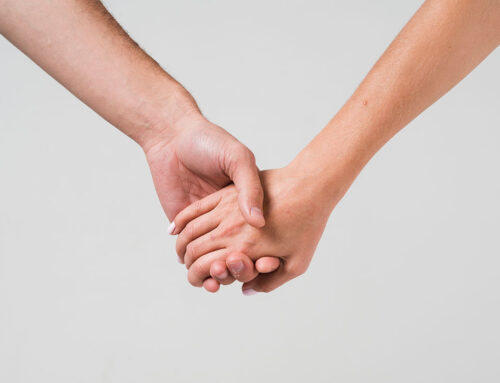
In recent weeks, news coverage of the ongoing trial involving Sean “Diddy” Combs has been both widespread and graphic. For many, the headlines are just another celebrity story. But for survivors of domestic and sexual violence, these stories can cut far deeper.
At 180 Turning Lives Around, we want to acknowledge that media coverage of high-profile abuse cases can be distressing and even re-traumatizing for survivors. Whether it’s a headline, a video, or a social media post, these moments can resurface painful memories and emotions, even years or decades later.
Why These Headlines Matter
When details of abuse are repeated across multiple news outlets, often with sensational language or visuals, they can have a real emotional impact. For survivors, these stories are not hypothetical. They may mirror personal experiences or bring back feelings that were once safely tucked away.
Feeling overwhelmed, anxious, angry, or numb in response to media coverage is a normal reaction. It’s the brain’s way of processing unresolved trauma, and you are not alone in feeling this way.
Common Reactions to Triggering Media Coverage
Everyone processes trauma differently, but some common reactions to triggering news can include:
- Flashbacks or intrusive thoughts
- Trouble concentrating or sleeping
- Emotional numbness or sudden mood swings
- Avoidance of media or conversations
- Physical symptoms like headaches or fatigue
None of these reactions mean you’re “backsliding” or “not healed enough.” They simply mean you’re human, and your body and mind are doing their best to protect you.
You Don’t Have to Go Through It Alone
Whether your experience was recent or long ago, support is always available. We offer a full range of free, confidential services for survivors of domestic and sexual violence. These include:
- 24/7 hotline: A safe space to talk, any time, any day, at 732-264-4111
- Individual counseling and support groups
- Crisis intervention and legal advocacy
- Emergency shelter and safety planning
Our services are available to people of all genders, backgrounds, and identities. If media coverage or resurfaced memories are making daily life difficult, we’re here for you.
For Friends, Allies, and the Community
If you’re not a survivor but want to be supportive, consider how you engage with stories like this in your conversations and social media. Avoid sharing explicit details or sensationalized content, and check in on friends who may be affected. Even a simple “thinking of you” can go a long way.
We also encourage everyone to share resources instead of speculation. Survivors are already carrying enough. Let’s make sure the messages they see remind them of support and solidarity, not just the pain.
A Final Note
Healing isn’t linear. It’s a lifelong journey, and triggering events can show up when you least expect them. If you find yourself struggling, know that it’s okay to ask for help, whether it’s your first time or your tenth.
At 180 Turning Lives Around, we believe that every survivor deserves to feel safe, supported, and heard. No matter when your journey began, we are here to walk with you.
If you or someone you know has been affected by domestic violence or sexual assault, please contact 180 Turning Lives Around at 732-264-4111 or visit www.180nj.org for 24/7 support and resources.



